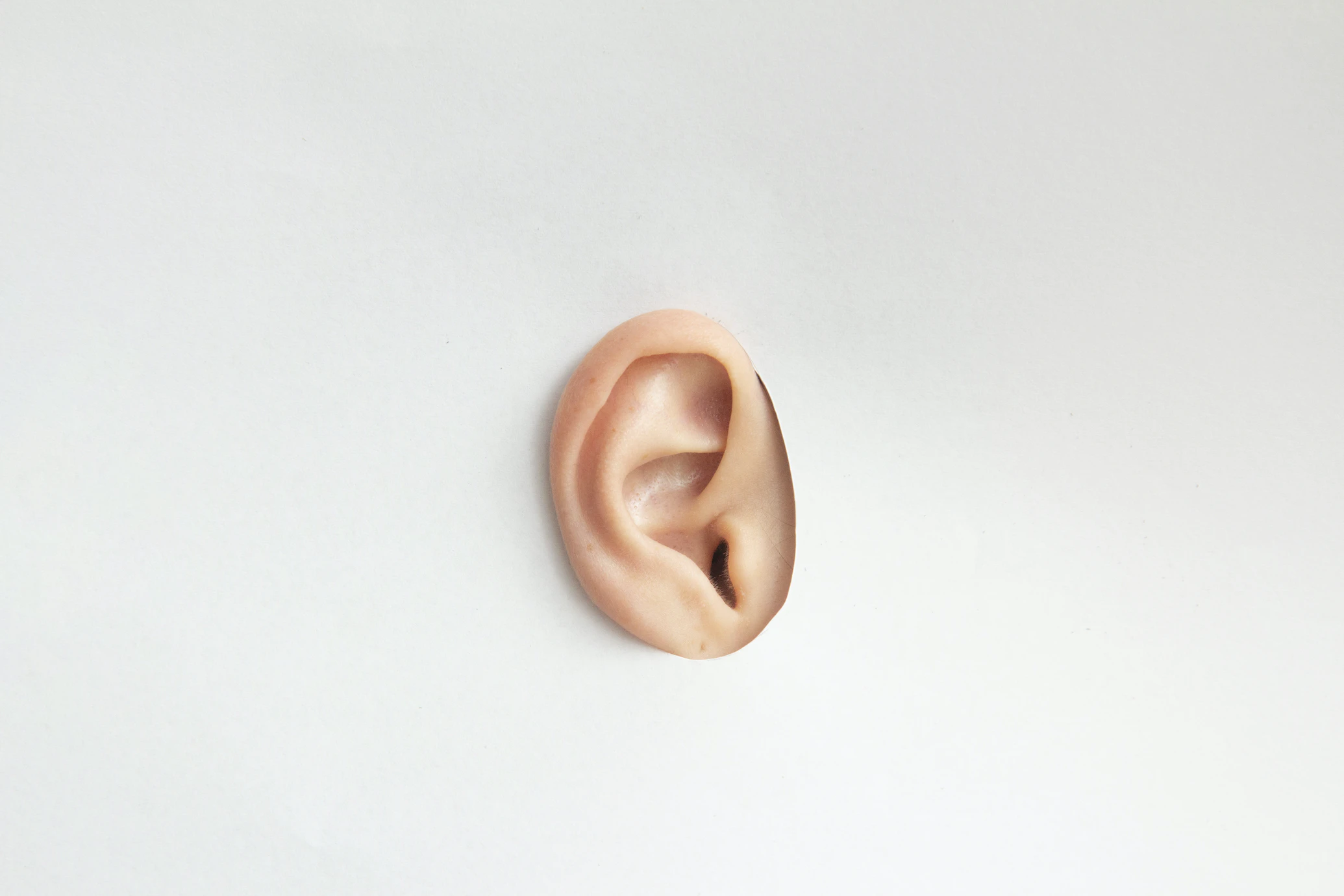
-
Do not assume
-
Don’t jump to conclusion
-
Don’t listen just to respond
-
Show interest
If you were to ask me about the underappreciated random opinions, the art of listening would be my answer. Too often, we talk about the importance of communicating, but what about listening?
In my humble opinion, listening requires not just paying attention to what others have to say, but also feeling and experiencing the speaker’s frame of mind and message. Whether in a romantic relationship or friendship, playing the role of active listening is crucial to show respect and care.
Recalling the times when my beloved friend had a breakdown at 3 am, just being by her side and listening to her rant actually helped disarm the bomb in her head and get through the phase together. This is indeed the golden secret to saving marriages, friendships, and relationships overall. Let me stop the babbling and let you in on some tricks on how to be a better listener if you feel like yours is coming apart.
1/ Do not assume

Some of us think we just know it all. Look here, smartypants, stop assuming! Your assumptions could unconsciously lead us to interpret the feedback in the wrong way!
Listen dear, we all come from different backgrounds, and that’s why listening is essential to understand their perspectives. Even stories like heartbreaks would have different meanings and impacts on everyone!
Personally, realizing that not knowing is acceptable because we’re not robots to grasp every single detail. Effective listening allows us to understand and ask for an explanation or even examples to help us share the same image.
You must first learn how different people behave before tackling the issues you both experienced. When I have a problem, for example, I need time to unwind my thoughts in my own ‘man cave.’ Having that space to myself is essential, and I’ll slowly be ready to open up once I’ve taken that time off.
People would feel valued and appreciated if they could speak in silence without being interrupted!
So, let’s be better partners by making fewer assumptions about their actions and waiting for the appropriate time to communicate.
2/ Don’t jump to conclusion

One of the most incredible things about having someone to trust is that we could share the joys and sorrows in our life. While we share these memories, we’re not necessarily craving advice, but simply have an ear for the stories.
Based on the well-known book ‘Men Are From Mars, Women Are From Venus’ by John Gray, women perceive communication as a way to seek understanding and find equality. As for men? Communication seemed to be more of a method to offer advice and avoid failure. Now I understand the existence of men’s cave and why both genders have such a diverse way of communicating!
To be a good listener, differentiating if they are purely sharing a story or feeling dazed is crucial. For those who feel miserable and confused, they may show hints of needing your feedback, such as asking for your opinions and throwing questions.
Think precisely, wouldn’t our advice be less relevant to someone if we skip their story-telling part? Therefore, when there’s a signal given, that’s your cue – share all the opinions or advice you have, and they will appreciate it.
3/ Don’t listen just to respond

Little do you know, listening is essential for fruitful two-way communication! It would be a red flag if we’re already thinking of what to say when someone is talking. Personally, when you’re in an argument with your partner and he/she gives you a response that’s not in your favour, doesn’t that make you even more frustrated?
That’s what happens when someone loses interest or gets distracted. If you cannot provide a response, be honest about it. Let them know you’re open to listening but may not be the best person to provide advice.
To be an active listener, listen genuinely to what the speaker is saying in order to give an honest and respectful response. It is okay if you’re distracted while having a conversation. Whether you are thinking about your laundry or your unfinished projects, try to inhale and exhale deeply three times to clear your mind.
With a clear mind and relaxed body, I bet you would be able to receive information impartially.
4/ Show interest

Guess what! A sincere interest not just draws the speaker to share more about themselves, but could also encourage an in-depth conversation that would build a successful relationship between you and your family members.
You may practice the art of mirroring through your gesture and body to show interest when listening to someone. Reflecting the same emotions or energy of the speaker, such as replying with matching expressions, indicates that you are on the same page with them.
When it comes to body language, I recall instances when I chatted with my sister, and all she did was stare at the phone while nodding absently. With this non-verbal feedback, it is obvious that she wasn’t paying attention and was just nodding for the sake of it.
Picture yourself in a conversation where you receive frequent eye contact, constant smiles, and nods. It shows they’re paying attention to what you’re saying. Doesn’t make you feel like you’re talking to the wall, right? These positive non-verbal feedback aid in showing your interest, while body language such as rolling eyes and immoderate fidgeting may let them feel less engaged.
Take these steps to master the art of listening!
If you have read till here, congratulations as you’re one step closer to becoming an active listener! Along the journey of learning to listen, we will find ourselves indulging in life advice and important lessons that could lead us to a better version of ourselves. Before ending this, here is a quote from Bernard Baruch, “Most of the successful people I’ve known, are the ones who do more listening than talking.”









